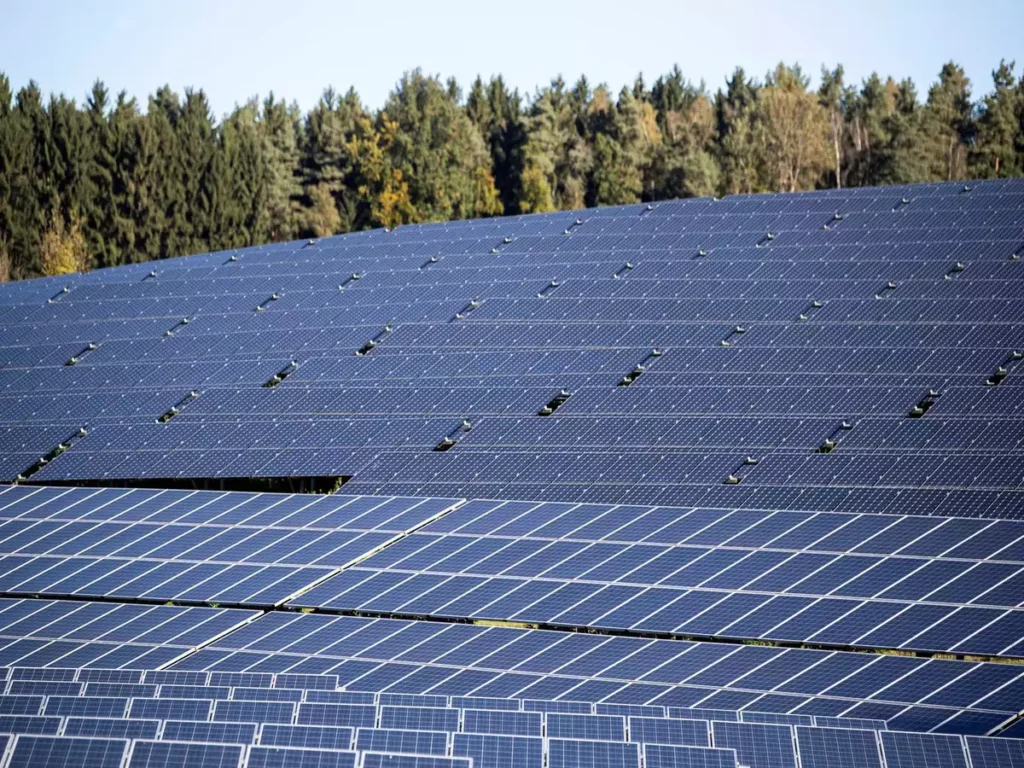Tripura is taking mindful steps towards improving access to clean drinking water for its tribal communities by launching a project that will install solar-powered purified water plants in 50 remote tribal hamlets. The Tripura Renewable Energy Development Agency (TREDA) has spearheaded the initiative, aiming to address the pressing issue of water scarcity and pollution in some of the state’s most isolated areas. The project promises not only to provide a reliable source of clean water but also to enhance the sustainability of these communities by tapping into renewable energy sources.
The decision to focus on solar-powered water plants reflects the state’s commitment to promoting green energy while tackling critical infrastructure challenges. In many remote hamlets, access to clean drinking water has remained a challenge for decades due to the absence of proper water treatment facilities and the limited reach of electrical grids. These areas rely heavily on untreated local water sources that may be contaminated, leading to various health problems. By implementing solar-powered plants, TREDA intends to provide an environmentally friendly solution that addresses both water quality and energy needs.
The solar-powered water purification plants are designed to use renewable energy to power the filtration and purification processes, ensuring a constant supply of clean drinking water without relying on conventional electricity. This approach is particularly beneficial for tribal hamlets, where access to the national grid is often limited or unreliable. Solar energy, being abundant in Tripura, provides a cost-effective and sustainable option to meet the water needs of these communities.
The project will also help reduce the dependency on fossil fuels, which are often used to power conventional water treatment plants. Solar energy, on the other hand, is not only renewable but also free, making it a perfect solution for remote villages. The purified water plants will ensure that residents no longer have to rely on unhygienic water sources or face the daily struggle of fetching clean water from distant locations. The solar-powered system will allow for continuous water supply, even during power outages or other disruptions in the grid.
This initiative is also part of Tripura’s larger efforts to enhance its renewable energy capabilities. The state government has been keen on utilizing solar energy to improve its infrastructure, especially in rural and underserved areas. Solar power is becoming a viable and sustainable alternative for rural development in India, with many states looking to harness its potential to improve quality of life. With this new project, Tripura is setting an example of how renewable energy can contribute to solving multiple challenges faced by rural communities.
Furthermore, the project aims to raise awareness about the importance of clean water and renewable energy. By integrating these two essential elements, the initiative will also educate local populations about the benefits of solar energy and the critical need for clean, safe drinking water. Over time, this will empower tribal communities to take better care of their water resources and become more self-sufficient.
As part of the plan, TREDA will also provide training to local residents to manage and maintain the solar-powered plants. This training will not only ensure the sustainability of the project but also create employment opportunities for the locals. By involving the communities in the operational aspects of the project, the government hopes to foster a sense of ownership and responsibility towards these vital resources.
The installation of these water plants will significantly improve the quality of life for tribal communities in Tripura, particularly by reducing the risk of waterborne diseases. Access to clean water is essential for health and well-being, and by addressing this issue, the government is making a substantial contribution to the development of the state’s rural population.
The first few solar-powered water plants are expected to be installed soon, with TREDA targeting to complete the full rollout in the coming months. Once fully implemented, the project will stand as a testament to the state’s commitment to sustainable development, clean water, and renewable energy. Tripura is poised to set a new benchmark for rural development in India by combining modern technology with environmental sustainability in this ambitious initiative.

